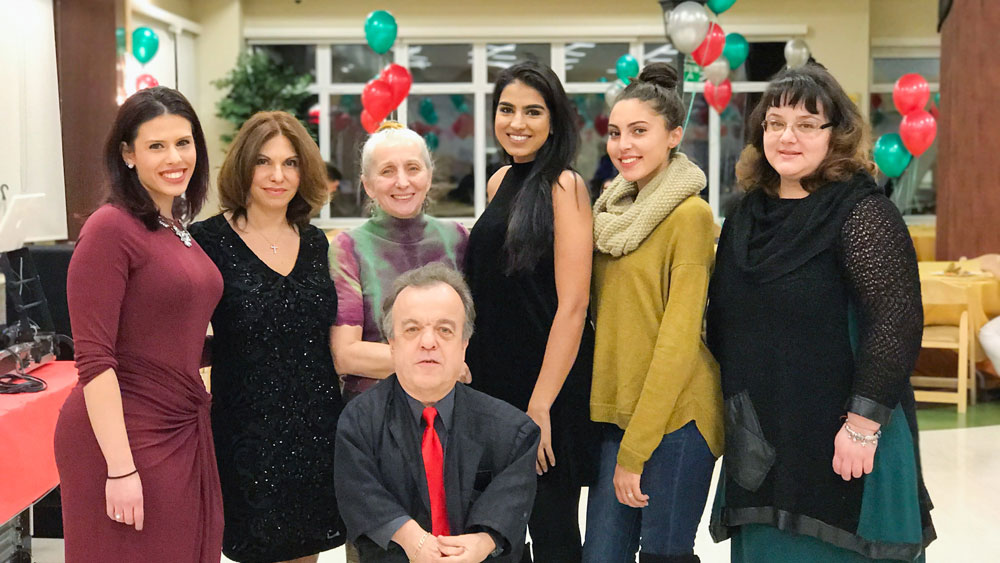Nutritional education is the key to better health. Each and every day, three or more times a day, we feed ourselves. And what we feed ourselves with really does matter. The adage “you are what you eat” is proving to be truer than ever as research into food-based holistic health increases.
Haym Salomon Home for Nursing and Rehabilitation is focused on providing the very best in nutritionally balanced and delicious meals to our patients and residents. For some of our residents, a little nutrition education goes a long way.
What is nutrition education?
Nutrition education is a learning process which focuses on providing information about nutrition to people from all walks of life. The information which is presented is about which foods are healthy and which are not. Myths and untruths about certain foods and food groups are also challenged.

Oftentimes, people believe that this food or that food is good for them, while in actuality, it isn’t. At Haym Salomon Home we work with our team of dieticians, nutritionists, and residents in a cooperative manner. Using the latest insights from nutritional education research, we provide tasty meals devoid of the kinds of additives that hinder wellness.
Who needs nutrition education?
Just about everyone! Most people have misconceptions about what and how they eat. They may even have misconceptions about which foods and healthy and which aren’t. Seniors in particular often benefit from nutrition education.
As we get older there’s always the potential that we’ll become stuck in our ways. If we’ve been eating a certain way for a number of years, then we might prefer to stick to our self-prescribed diet. However, that isn’t always what’s best for us.
We aim to diversify our residents’ diets through the inclusion of a lot of nutritionally loaded ingredients. But we still keep the food honest and full of that homemade, comfort-food goodness so many of our residents love.
How greater education about nutrition boosts health and wellness
Once common misconceptions and inaccuracies about diet and wellness have been broken down, people are more open to a change of diet. Furthermore, certain underlying conditions and illnesses may require a specific diet or dietary change. Diabetics should avoid blood-sugar level spikes which can be induced by too many sugary foods or carbohydrates, for example.
Adhering to a nutritionally sound diet that works for a resident’s individual health and wellness needs can do wonders. Not only physically but mentally, too. We’ve noticed over the years that many of our clients undergo a change in demeanor once their diets have been “cleaned up”!
Haym Salomon Home for Nursing and Rehabilitation in Brooklyn takes the time to prepare and serve meals that not only look and taste great, but are nutritionally sound as well. We always take the time to explain to our residents why certain foods are good for them and why certain foods ought to be avoided.
We know that when people are provided with nutrition education it helps to make a dietary change that much easier.
